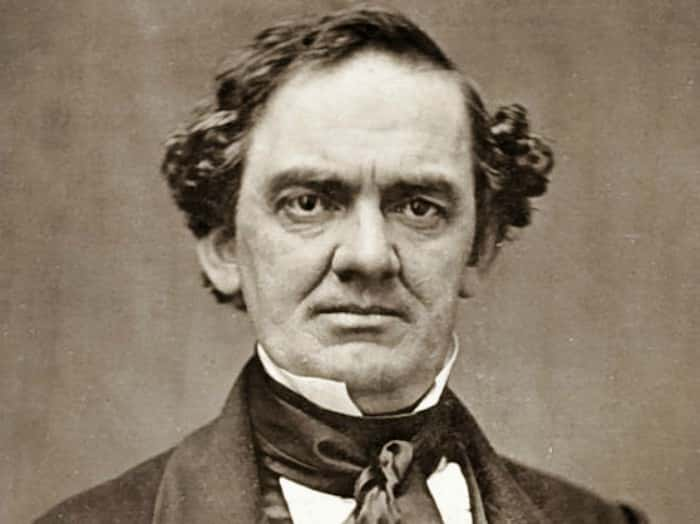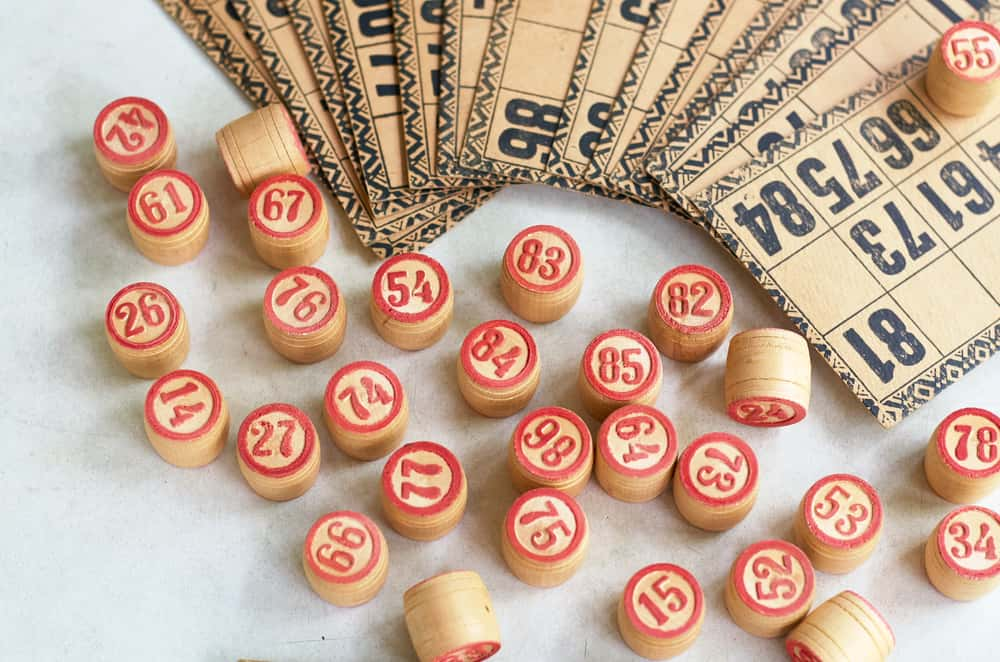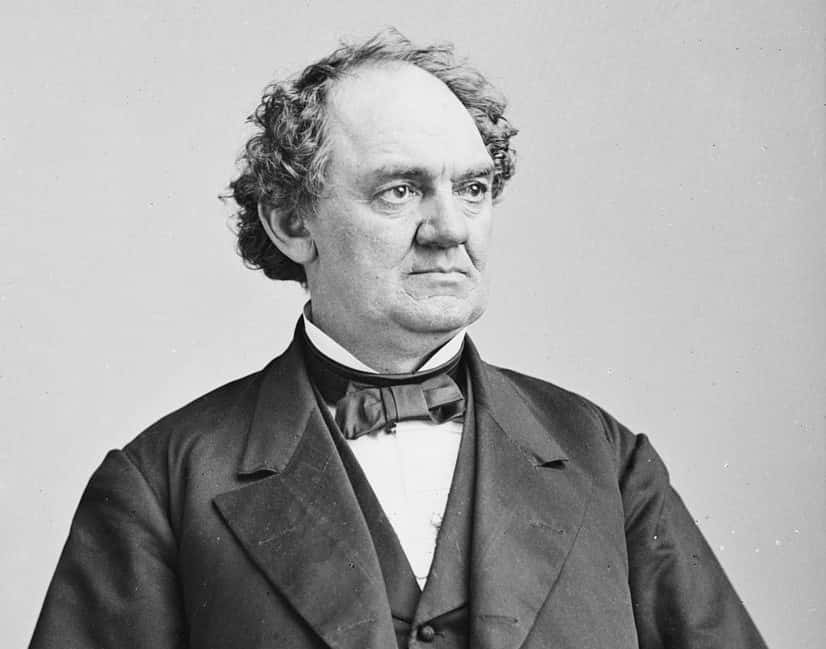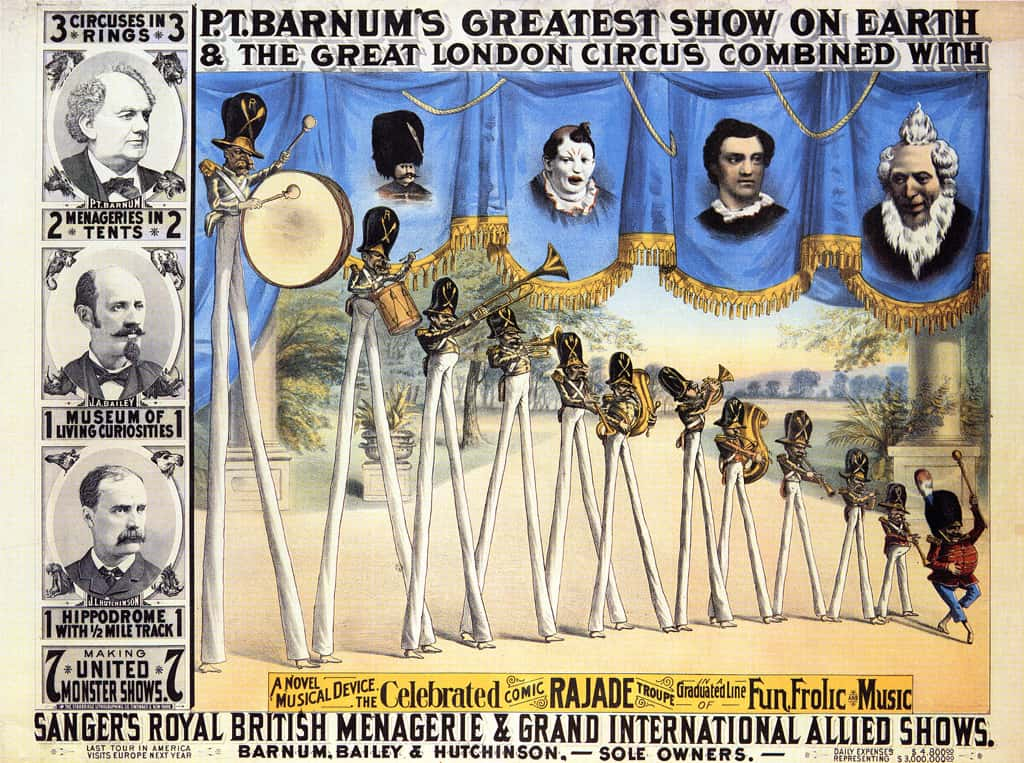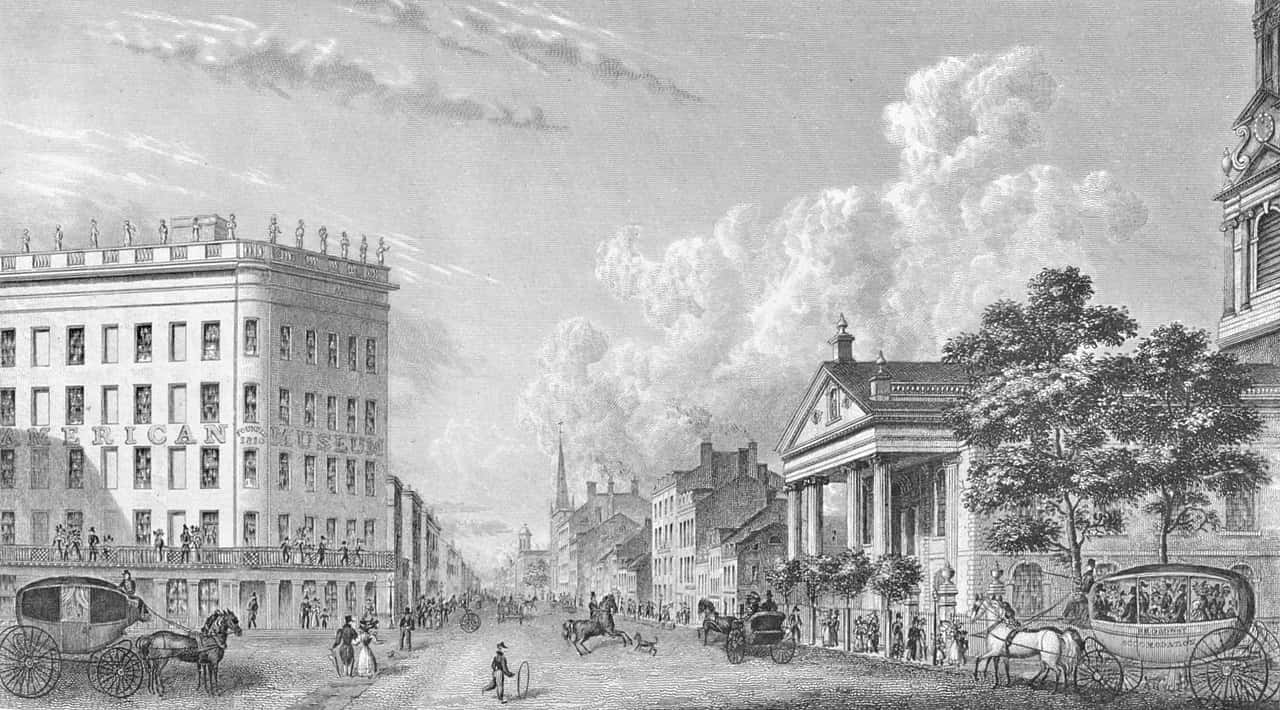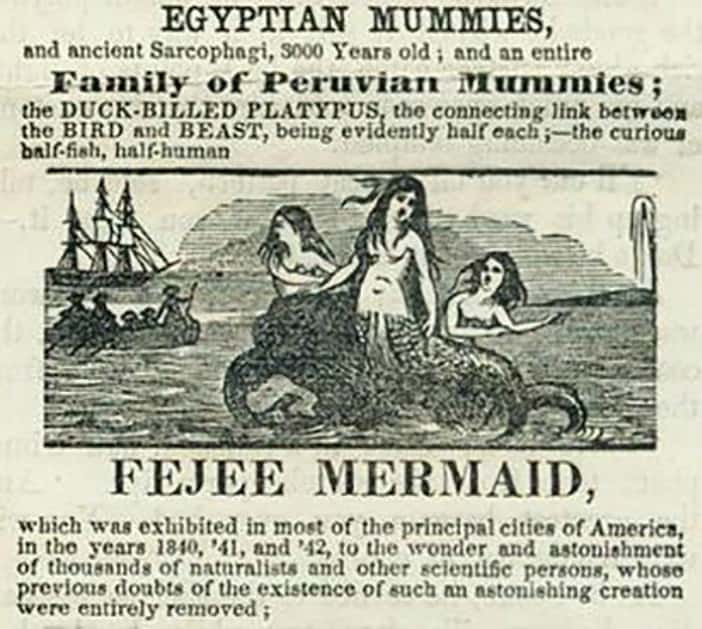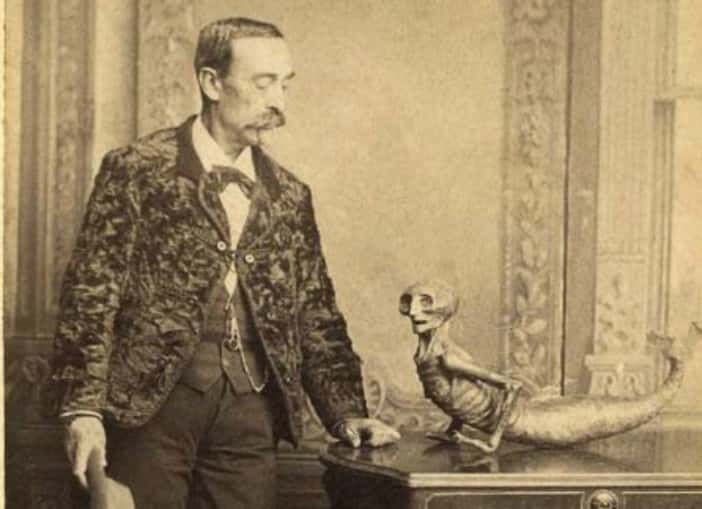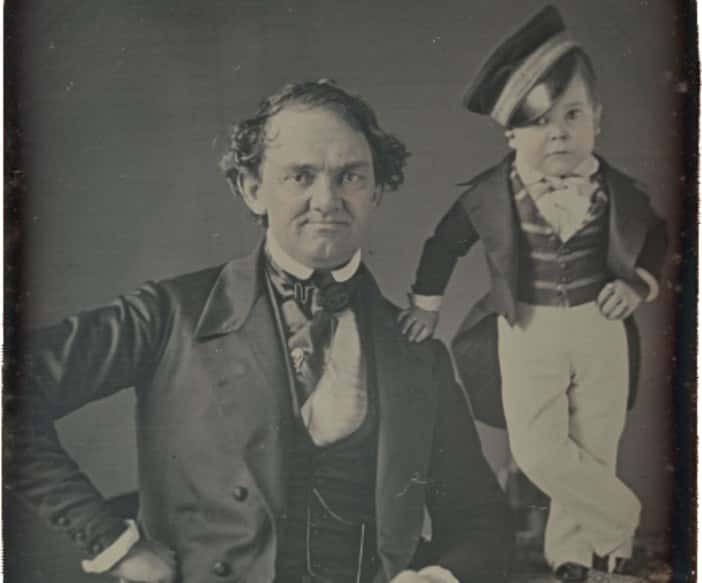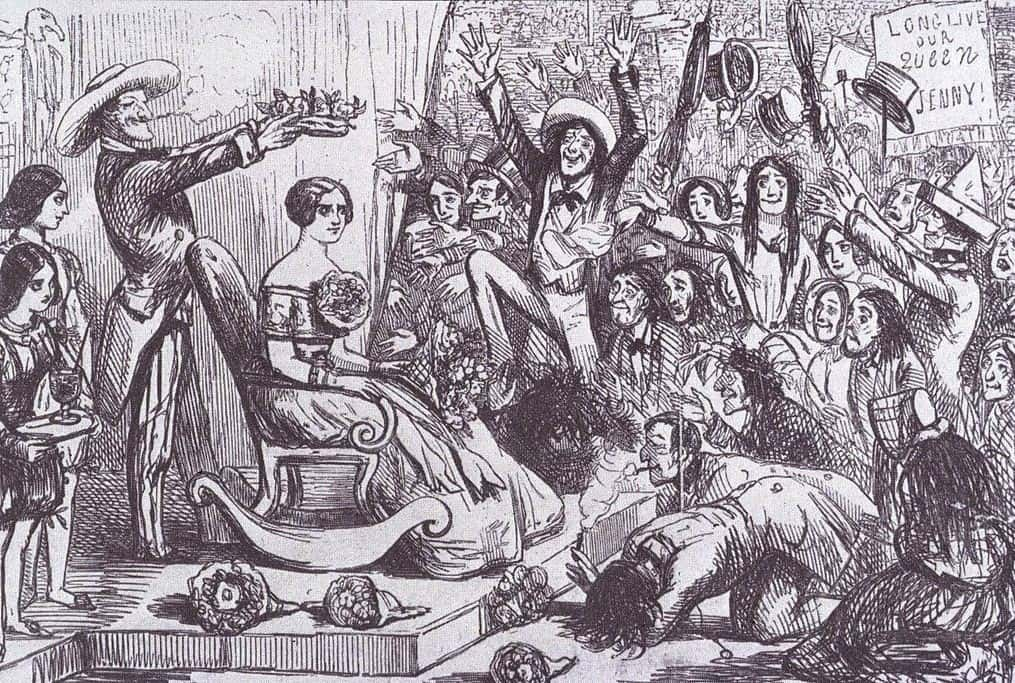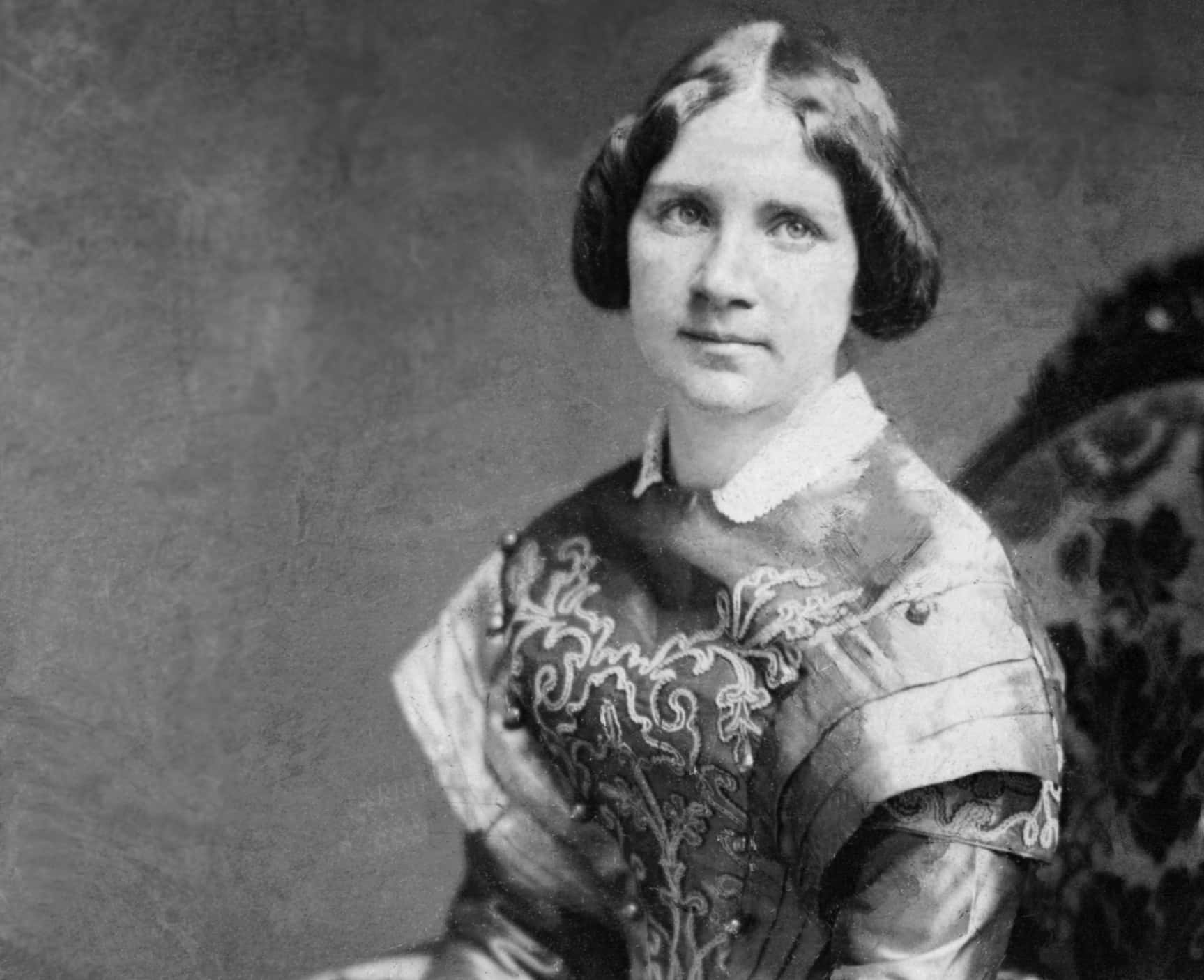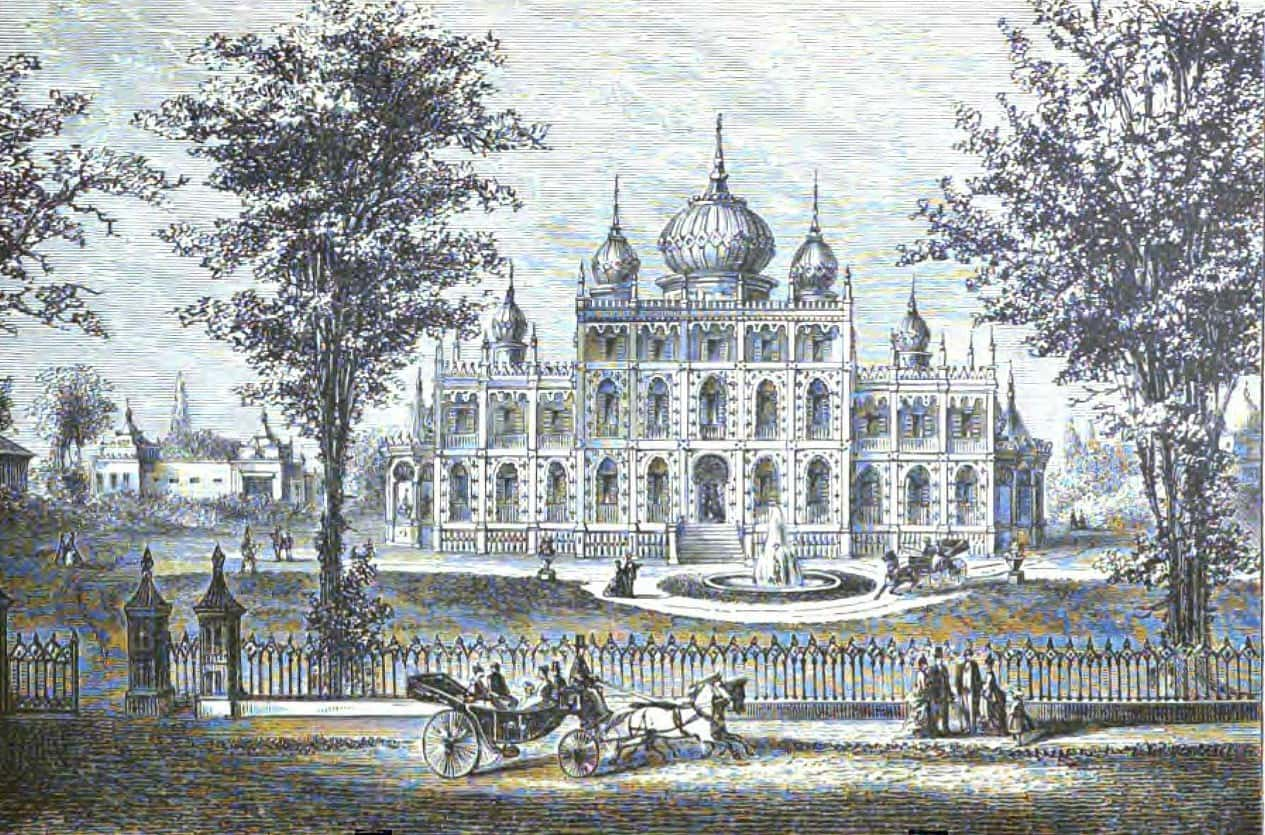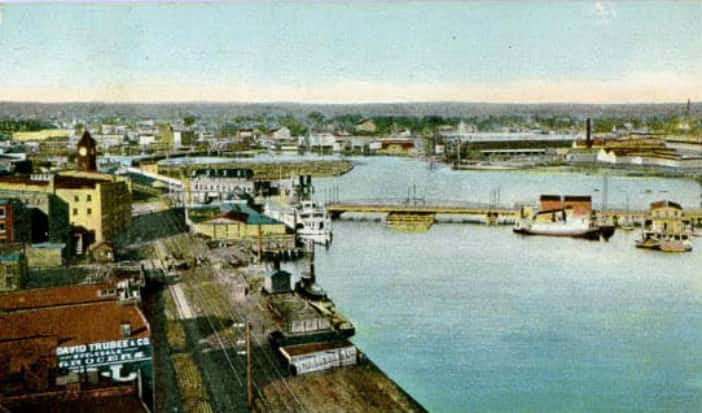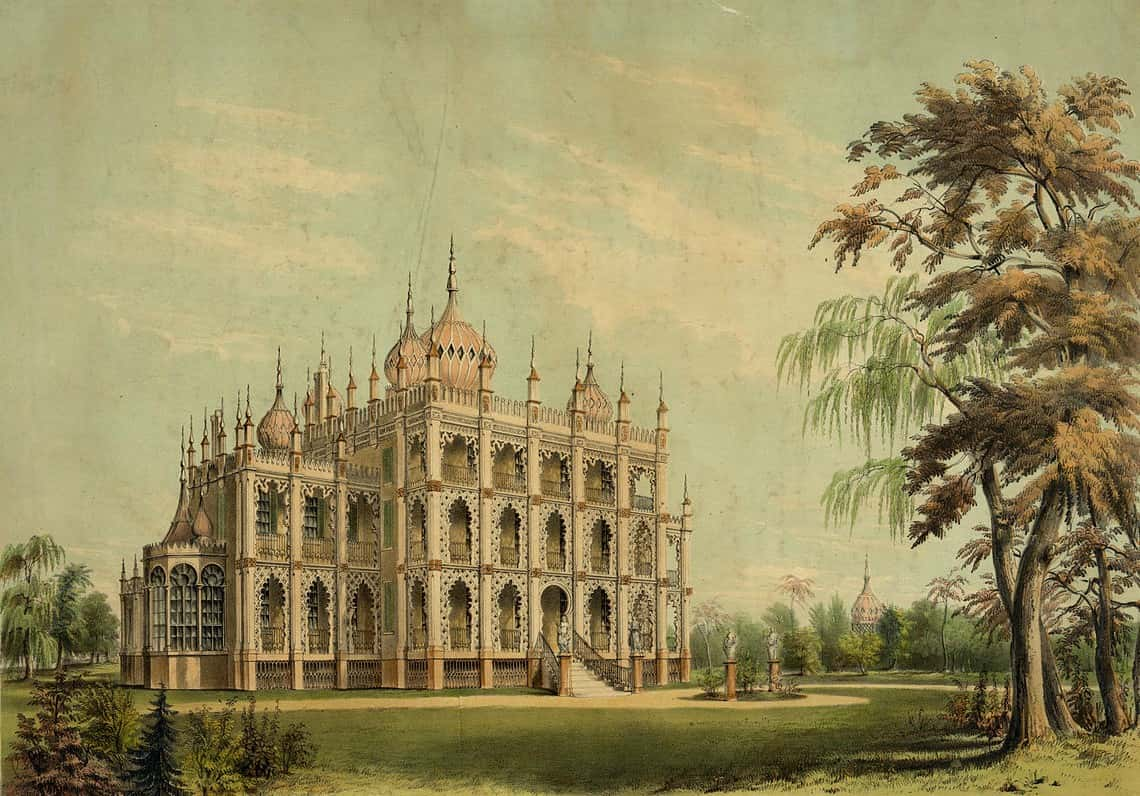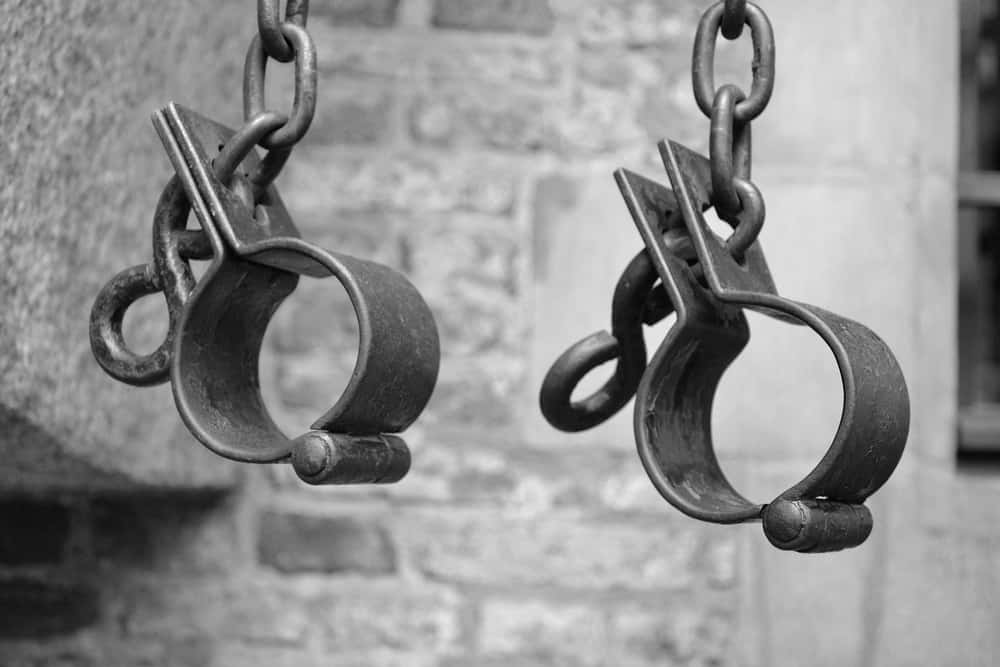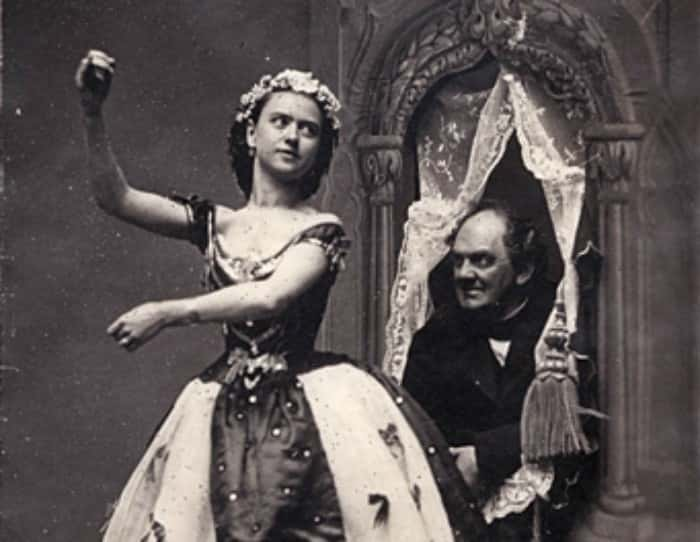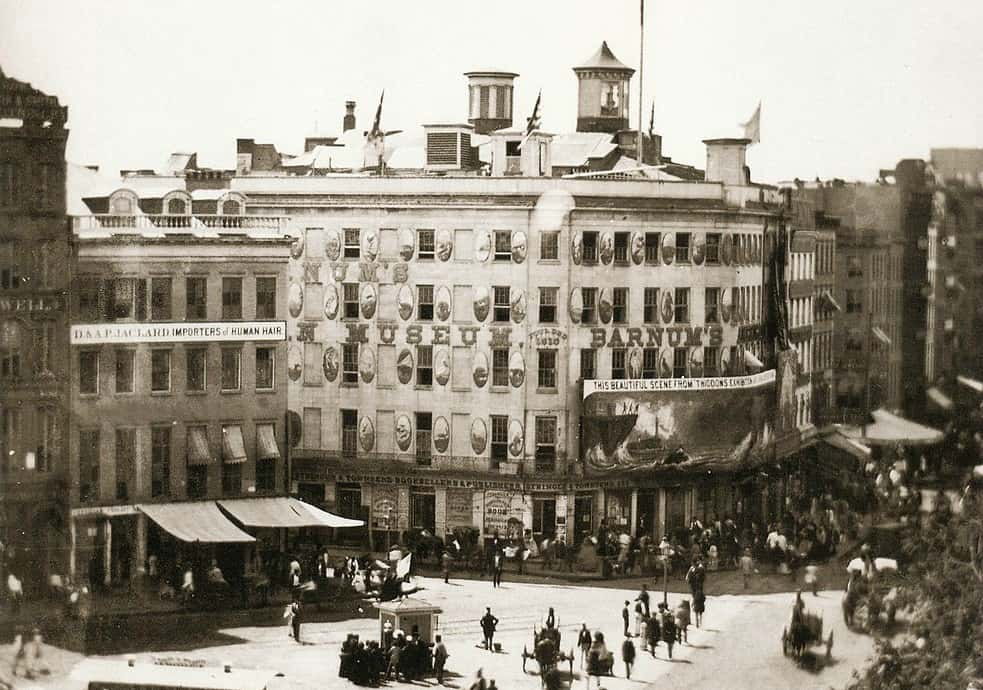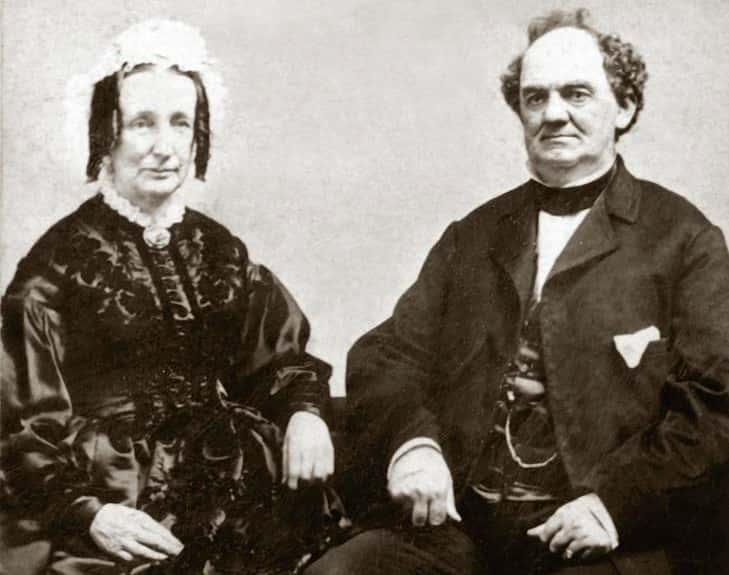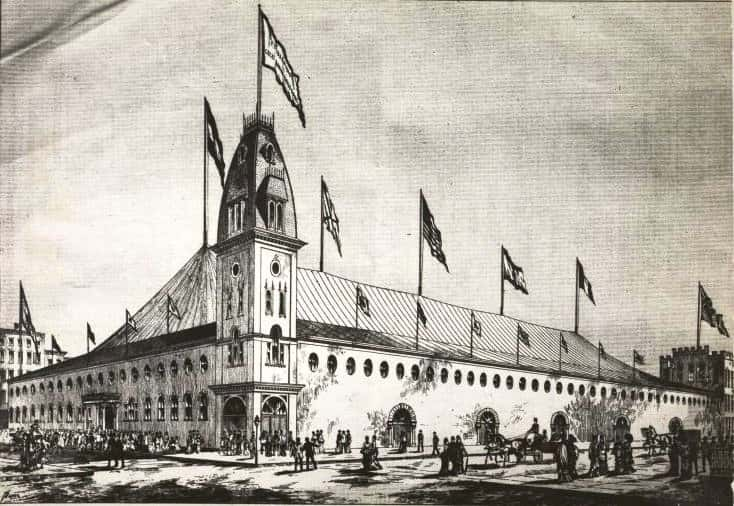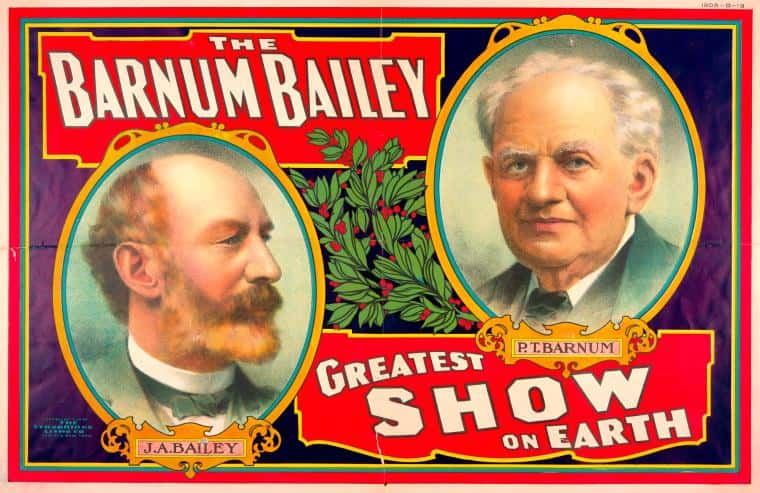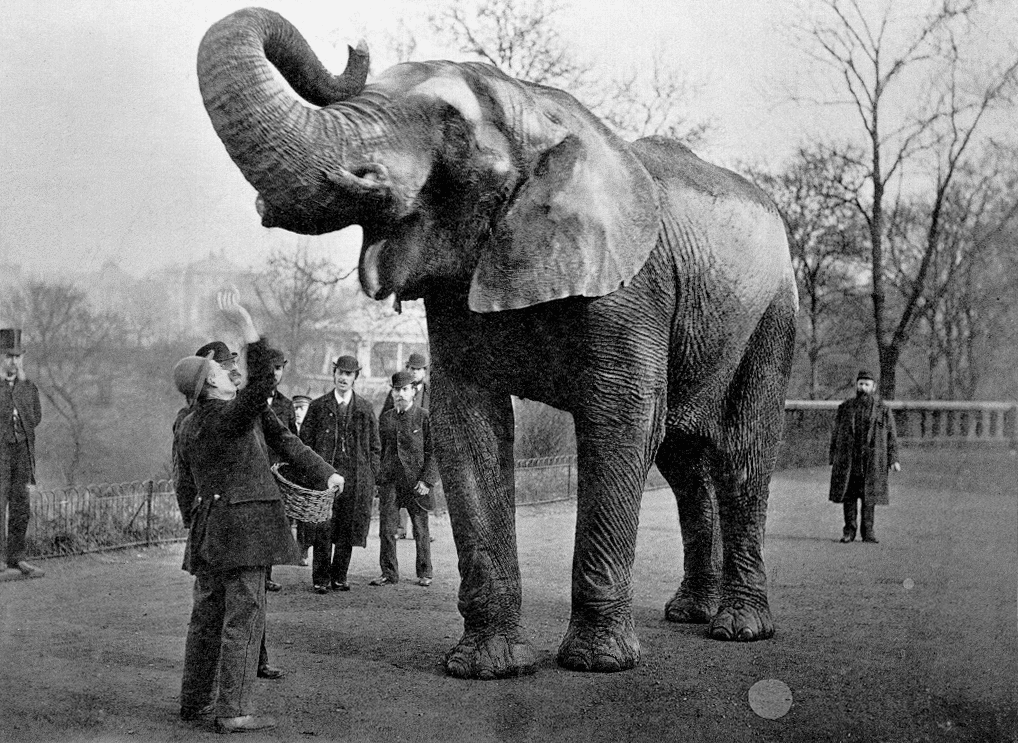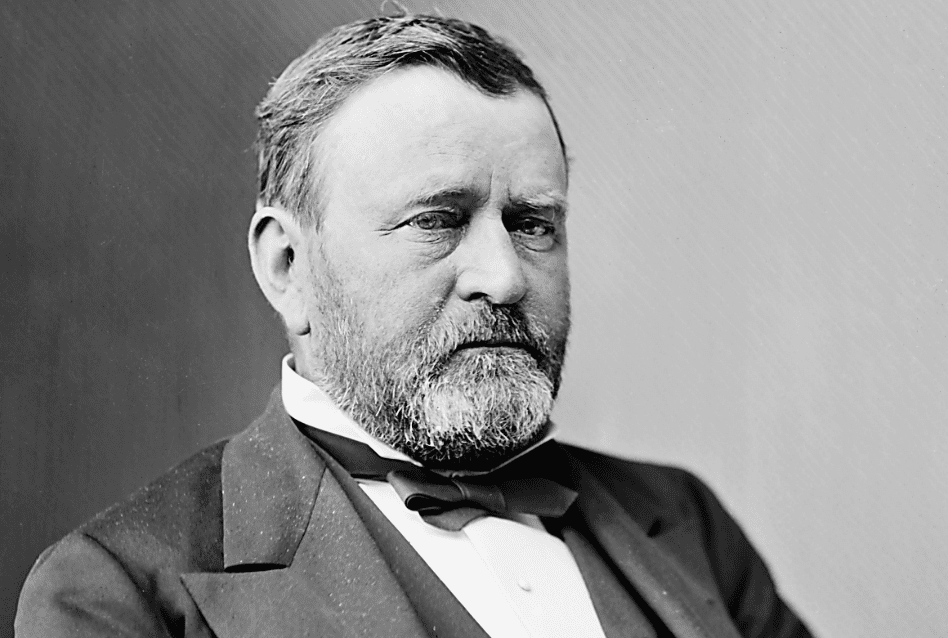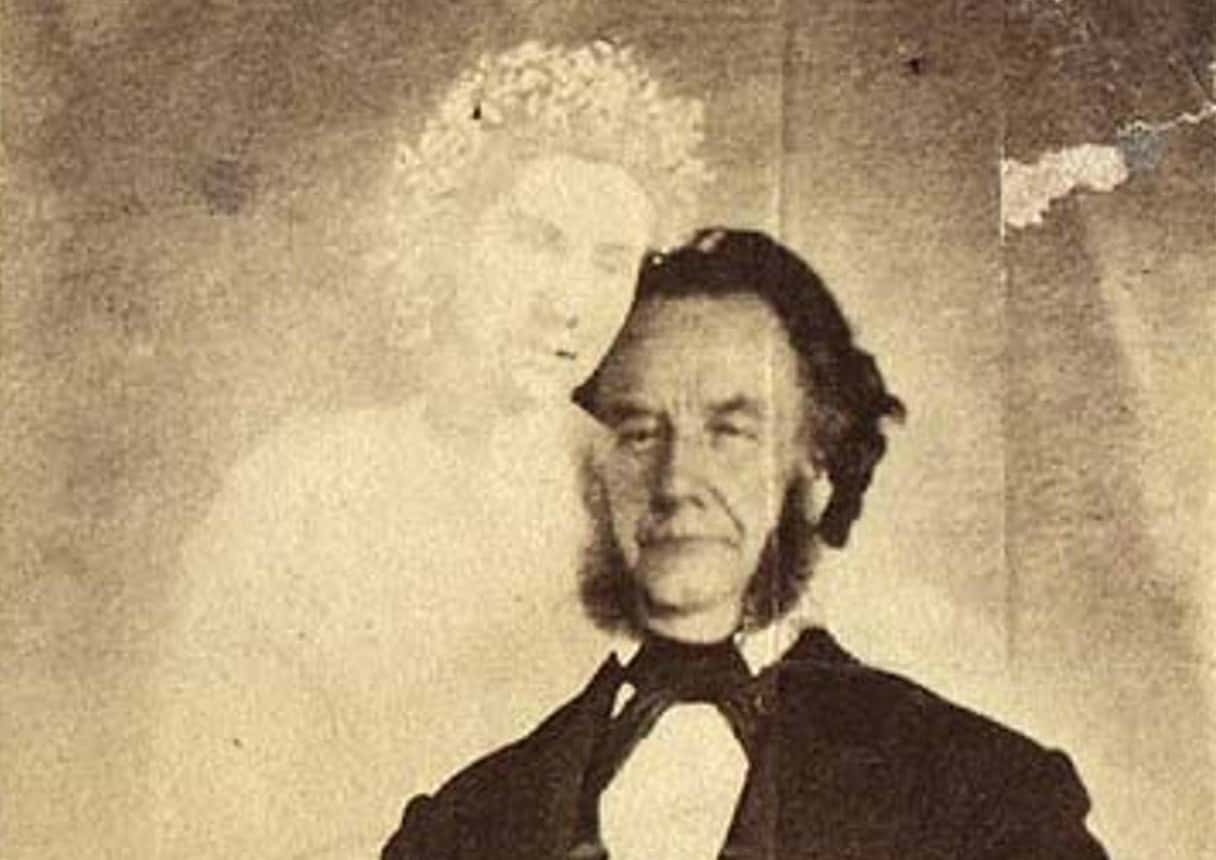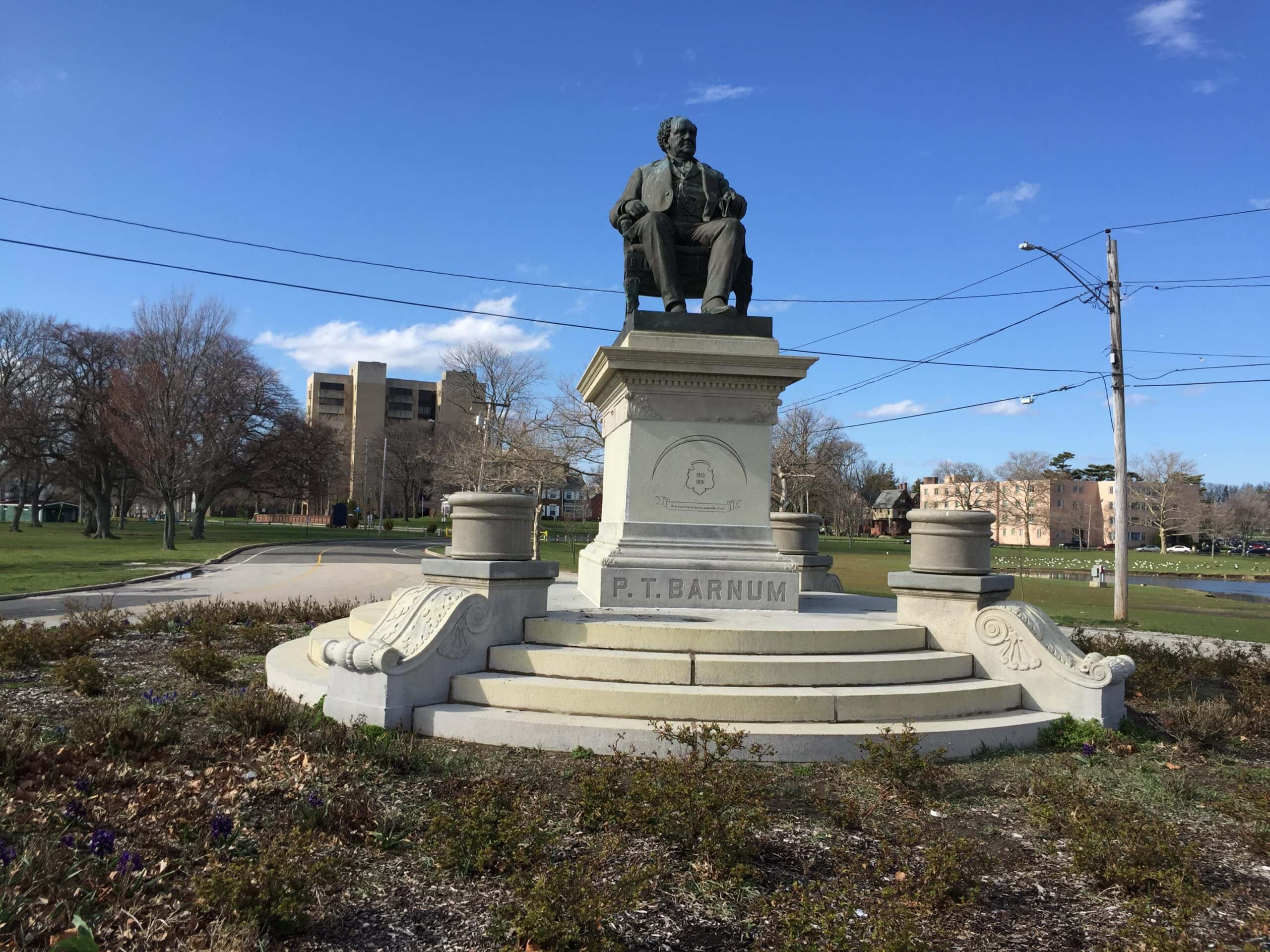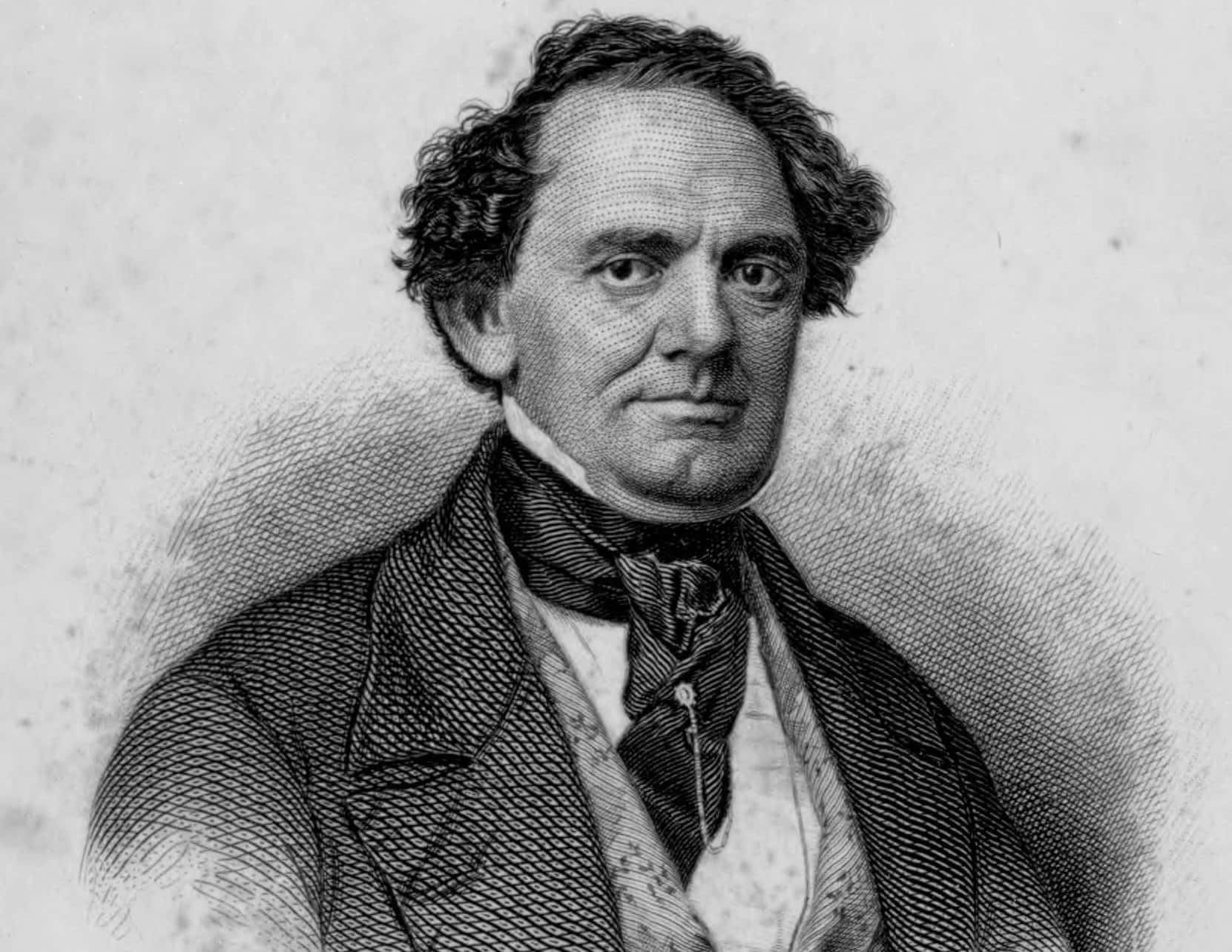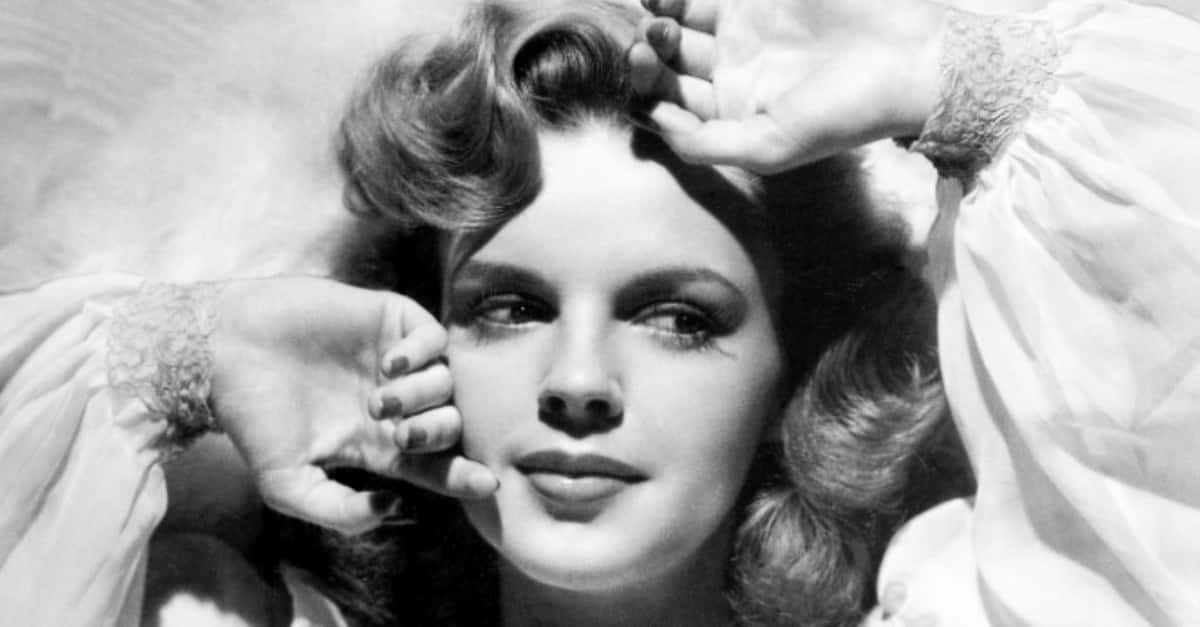The World's Greatest Showman Was A Monster
Phineas Taylor Barnum, better known as P.T. Barnum, was one of the original sensationalists. Best remembered for founding the Barnum & Bailey Circus, by his own admission, Barnum was first and foremost a showman. From his modest beginnings as the son of a tailor to his transformation into the King of the Circus, his legacy lives on over a century after his passing. Below are spectacular facts about the greatest showman the world has ever seen.
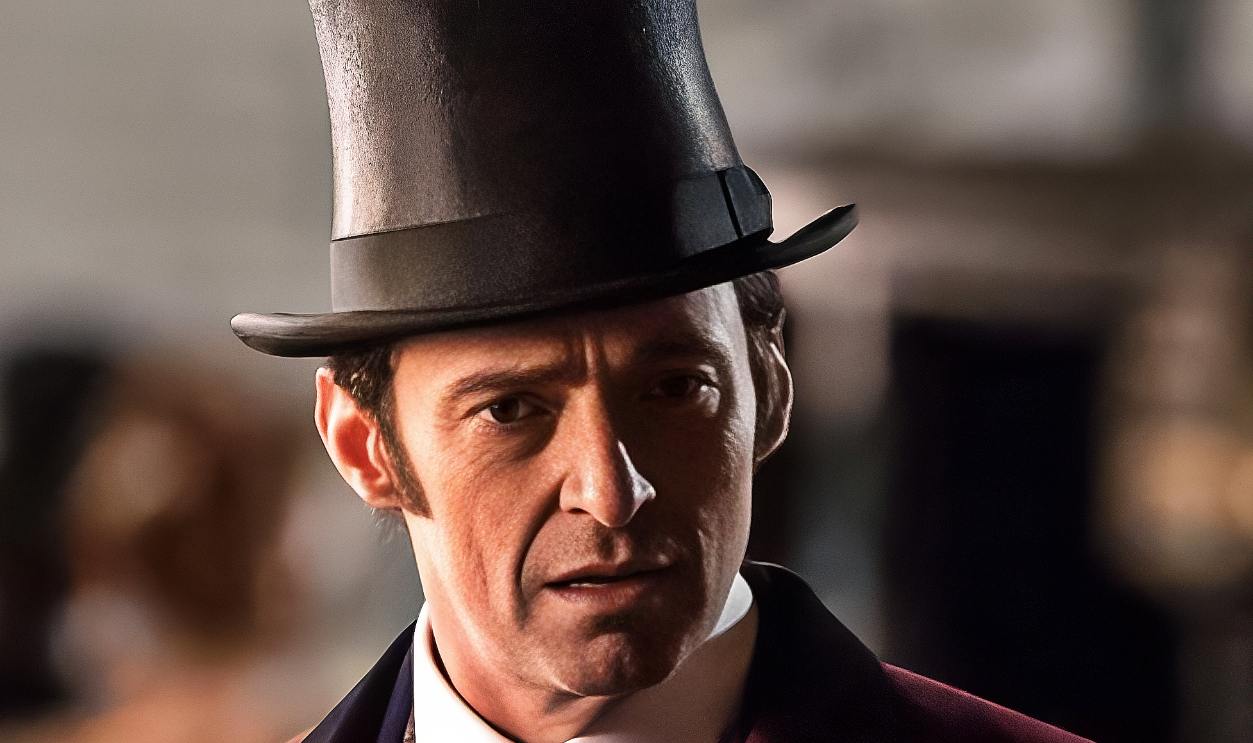
1. He Was a Chip Off the Old Block
According to those acquainted with P.T. Barnum’s maternal grandfather Phineas-Taylor, Barnum inherited more than just his name. His grandfather loved nothing better than planning and executing a practical joke, and he had a tremendous influence on his namesake. Barnum considered himself his grandfather’s counterpart in a number of ways and built his career on what he considered harmless hoaxes.
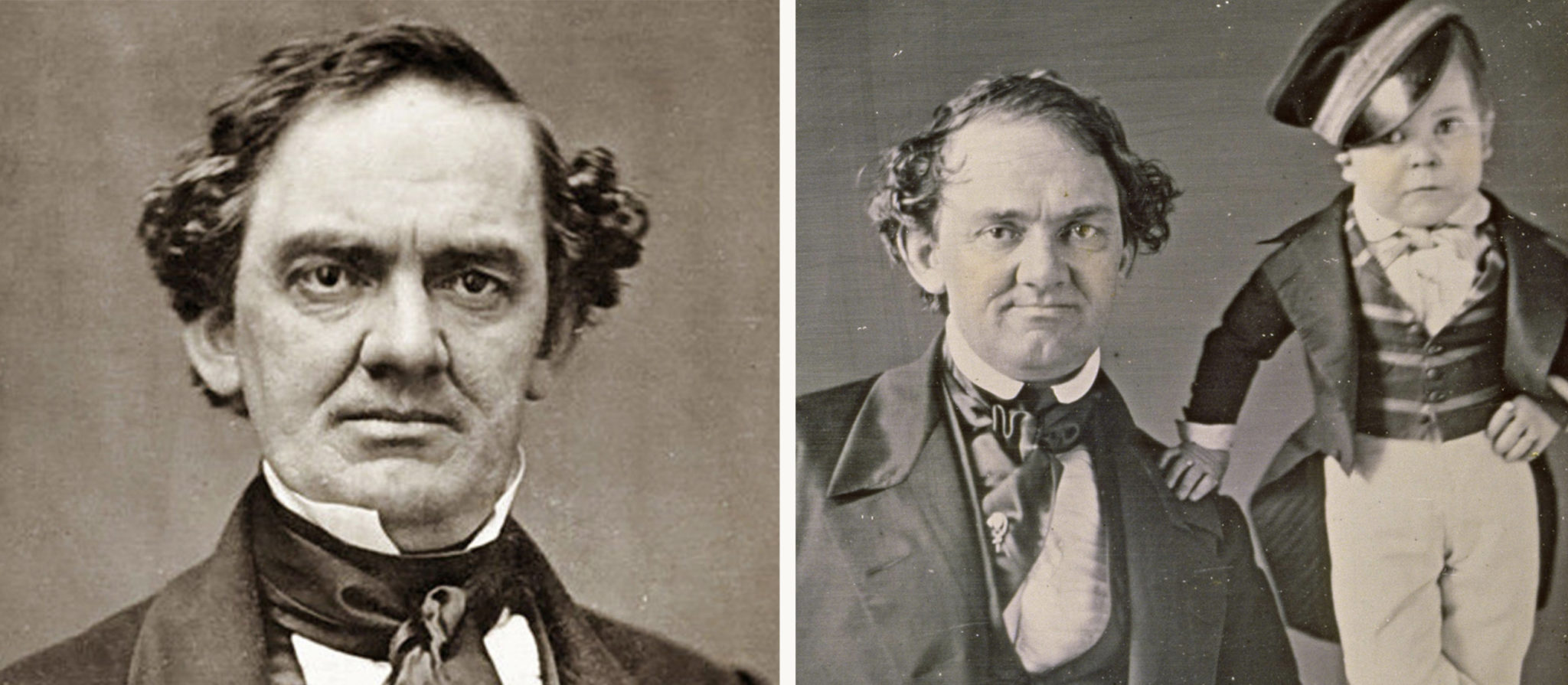
2. He Was an Out of the Box Thinker
P.T. Barnum was a highly intelligent child. He demonstrated a talent for math at an early age, and he used his mental aptitude to get out of his boring chores around the farm. As he got older, he never did gain any appreciation for farm life, but he was always innovating, and he figured out ways to make it work for him.
3. They Were Known for…Exaggerating
For most of his young life, Barnum’s family led him to believe that his grandfather "Uncle Phin" bought a plot of choice farmland for him called Ivy Island and that the land made him the richest kid in town. It wasn’t until he was about 12 that he discovered that the dark truth. His land was literally a worthless swamp. Talk about stretching a hoax!
 Pikist
Pikist
4. He Had an Entrepreneurial Spirit
By the time he was 12, Barnum was already demonstrating an uncanny ability to make money. He sold cherry grog to servicemen, purchased his own sheep and calf, and helped drive cattle to New York. This experience greatly influenced the young entrepreneur, and he returned to New York as an adult where he found his greatest opportunities.
5. His First Swindle
When he ws just 15, Barnum’s father passed on—but that was just the start of his family’s nightmare. Barnum’s father had left his family with a ton of debt, so the teenaged Barnum went to work as a clerk at a general store outside of his hometown in Grassy Plain CT., where he came up with his first scheme. He traded a bunch of useless goods for a wagon full of glass bottles…and then came up with a brilliant idea to get rid of them.
6. He Turned a Quick Profit
Barnum organized a lottery with some cash prizes ranging from 25 cents to a dollar, and the rest consisting of goods from the store. The lottery was an enormous success, and not only did Barnum find a way to get rid of the useless bottles and some old unsellable tin kitchen utensils, but he turned a profit from it, proving his moneymaking abilities. They’d come in handy later on.
7. He Met His Future Bride
Barnum’s time in Grassy Plain proved fruitful for his personal life as well. One rainy day, the owner of the boarding house where Barnum resided asked him to walk a young lady named Charity Hallett home to Bethel. He liked her so much that the trip felt far too short for his liking. While he did see her regularly at church after that, it would be a few more years before he could make his move.
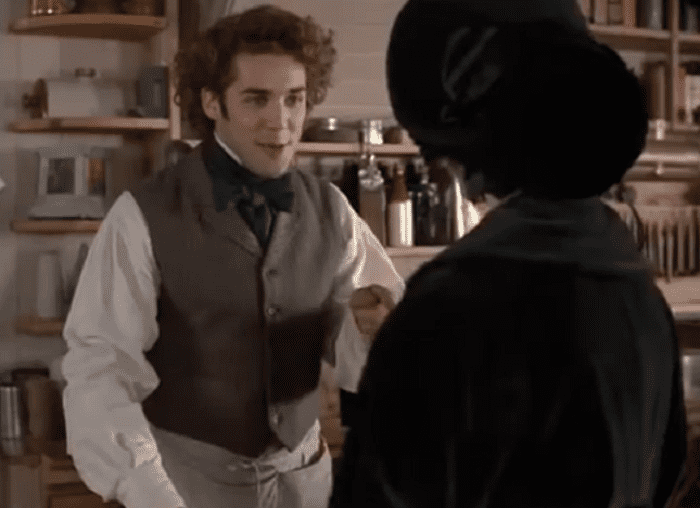 P.T. Barnum (1999), A+E Networks
P.T. Barnum (1999), A+E Networks
8. He Moved Up and Away
In 1826, an acquaintance of Barnum convinced him to leave Grassy Plain and move to Brooklyn to be a clerk in his grocery store. Having learned the art of bargaining from his grandfather, before long, Barnum was teaming up with other grocers to buy goods at auction, which was much cheaper than going through the wholesalers and helped him build his business reputation.
 P.T. Barnum (1999), A+E Networks
P.T. Barnum (1999), A+E Networks
9. His First Success
In order to lure Barnum back to Bethel, Barnum’s grandfather gave him the use of his main street carriage house for free. Barnum spent nearly half of his savings on fixing up the building, and the rest on an inventory of fruit, candy, and other sweets. Being a shrewd businessman, he took all of the money he earned that first day and invested in additional stock and a lottery, which buoyed the store’s success. But that wasn’t the only thing he was up to…
 P.T. Barnum (1999), A+E Networks
P.T. Barnum (1999), A+E Networks
10. He Got Sued Repeatedly
One of Barnum’s other money-making ventures was a newspaper called "The Herald of Freedom," which he founded when local papers refused to print his political letters. Unfortunately, what he printed led to numerous libel suits, with one suit earning Barnum a 60-day prison sentence. Not that it was really punishment.
11. He Served His Sentence In Style
Only someone with Barnum’s nerve and genius could turn two months in prison as a career-boosting publicity stunt that increased his popularity. He decorated his cell with wallpaper, continued printing his newspaper, and had a steady stream of visitors. To celebrate his release, he threw a parade complete with 40 horsemen, 60 carriages, and a band to walk him home.
12. He Was the Prince of Humbugs
Barnum didn’t invent the term humbug—the first use dates back to 1751—but he proudly called himself the "Prince of Humbugs". As Barnum interpreted it, a humbug is neither dishonest, nor a fake nor a cheat, but someone who is able to capture the public’s attention by putting on a spectacle. And nobody was better at it than him, as he’d come to prove.
13. He Sought his Fortune
When the state of Connecticut banned lotteries, Barnum’s primary source of income went with it. Seeing no more reason to remain in Bethel, he sold the store and his paper, and moved his wife and baby daughter to New York City in search of new opportunity. He eventually found it in a supposedly 161-year-old slave named Joyce Heath.
 P.T. Barnum (1999), A+E Networks
P.T. Barnum (1999), A+E Networks
14. He Found His Calling
Aside from her remarkable age, Barnum was particularly interested in the claim that Heath had been George Washington’s nanny. He purchased Heath from her owner, and successfully toured with her for a while before sales started dropping off. Not content to cut his losses and move on, he crafted a truly bizarre anonymous letter to a newspaper designed to revive public interest in her.
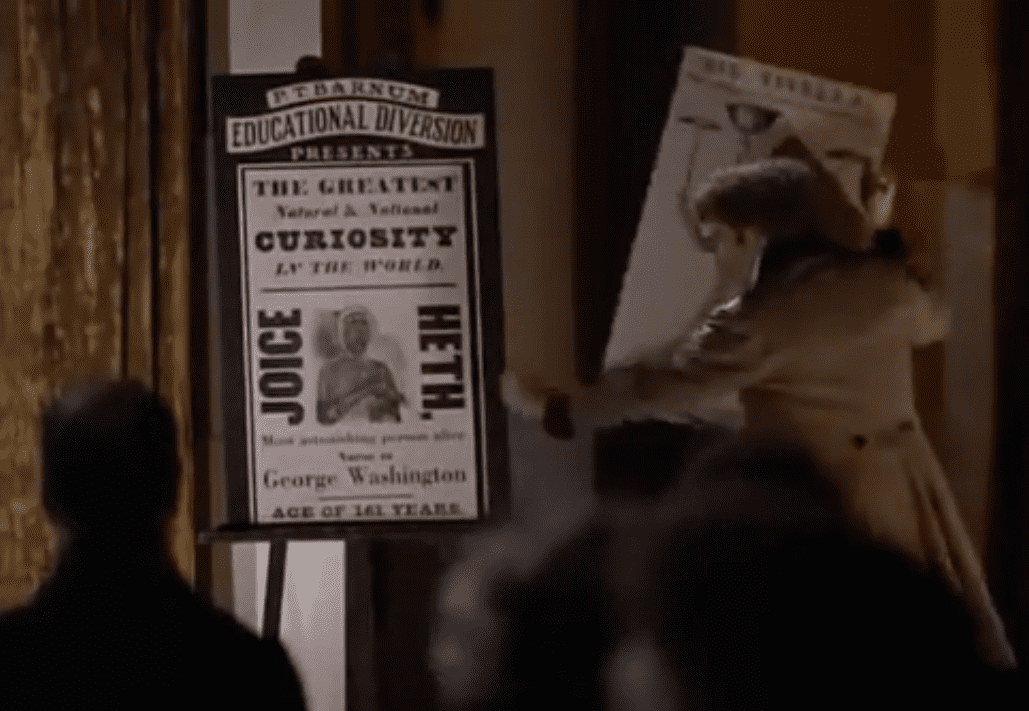 P.T. Barnum (1999), A+E Networks
P.T. Barnum (1999), A+E Networks
15. His Clever Device
Barnum’s letter worked like a charm. Thanks to his allegation that Heth wasn’t human and was actually an automaton made of Indian rubber and whalebone, both new and repeat visitors flocked to see her. When Heath passed from natural causes in 1836, Barnum saw a disturbing opportunity. He arranged for a public autopsy with an admission price of 50 cents—but it nearly backfired.
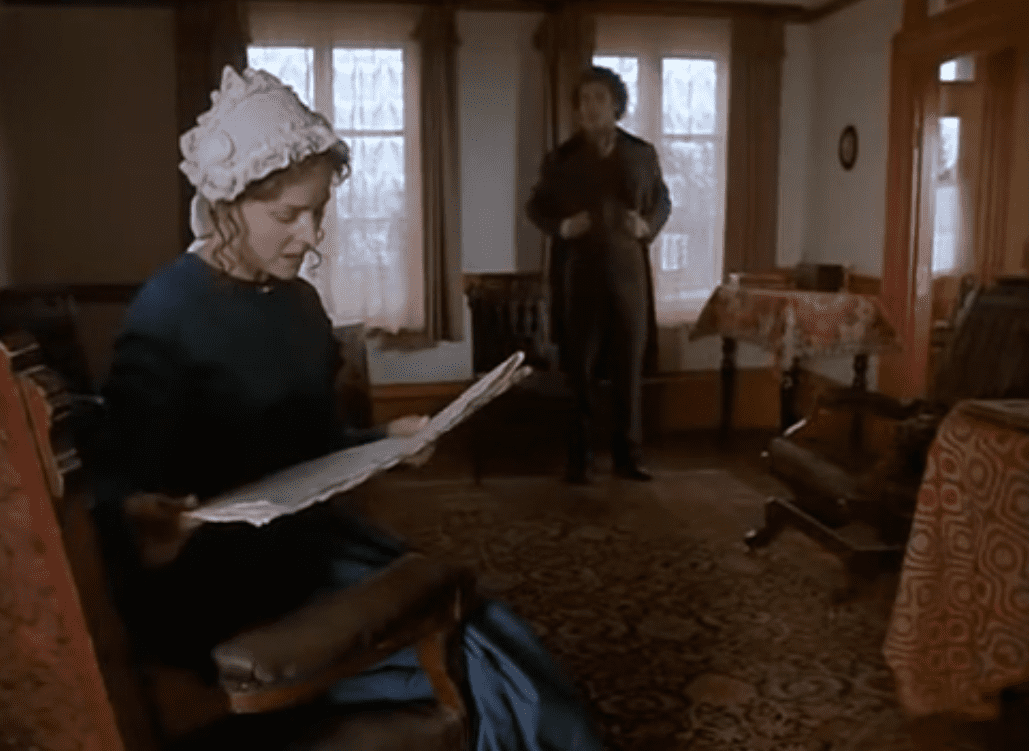 P.T. Barnum (1999), A+E Networks
P.T. Barnum (1999), A+E Networks
16. He Claimed Ignorance
Heth's autopsy revealed that she was only about half the age that Barnum claimed she was, and still he managed to talk his way out of it. He insinuated that the person on the autopsy table wasn't Heath at all and later claimed in his autobiography that he'd fully believed her to be what he claimed she was. It wouldn’t the last time he went too far.
17. He Had an Eye for Talent
While accompanying Heath on her U.S. tour, Barnum met Signor Antonio, a talented juggler and circus performer. Convinced that Antonio could be a huge opportunity, he signed him as a client, changed his name to Signor Vivalla, and assisted him on stage. The act itself wasn’t original enough to hold public interest, but a heckler in the audience, a man mamed Roberts, gave Barnum an idea of how to make it more interesting.
18. He Came Up With a Clever Plan
Seizing on Roberts’s claim that he could do Vivalla’s act better, Barnum offered a $1,000 reward to anyone who could do the act in public, which naturally, Roberts, who was a rival to Vivalla, accepted. Barnum quickly employed Roberts and turned the act into a competition between the two men. The idea worked, and the show became a hit.
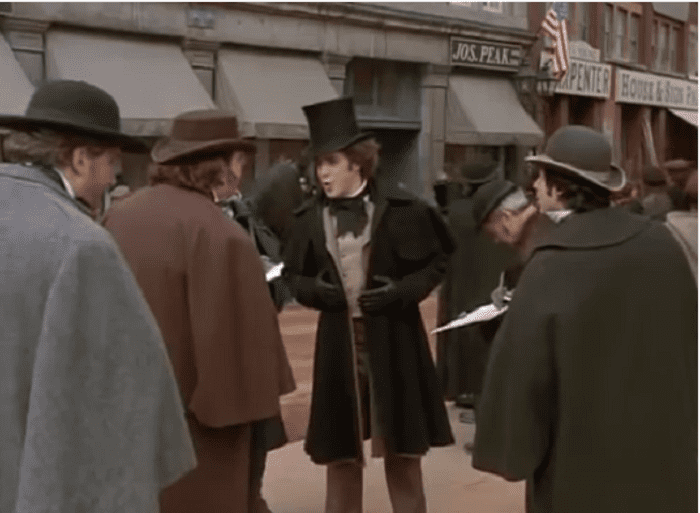 P.T. Barnum (1999), A+E Networks
P.T. Barnum (1999), A+E Networks
19. He Educated the Public
The hoax part of Barnum’s shows was the hook to draw people in, but that didn’t mean that they were all flash and no substance. According to Barnum’s biographer Robert Pelton, the shows actually contained a lot of educational content, and the subjects of the exhibits included history, geography, and science. Who says learning can’t be fun?
20. He Found His Opportunity
After a number of misfires, Barnum finally found the perfect opportunity. Purchasing Scudder’s Museum in New York would give him the financial stability he needed to support his family, while still allowing him to do what he loved. The owners were selling their collection of curiosities at the bargain-basement price of $15,000, but there was just one problem—he didn’t have the cash. However, nothing came in between P.T. Barnum and opportunity.
 P.T. Barnum (1999), A+E Networks
P.T. Barnum (1999), A+E Networks
21. He Got Screwed
Refusing to let cash flow stop him, he made an arrangement with Francis Olmstead, the owner of the building, to purchase the collection in his name, and then turn it over to Barnum to pay for in installments. Unfortunately, before they could sign the contract, the collection administrator John Heath announced that he’d already sold it to the directors of Peale’s Museum Inc. and the deal was void…at least until Barnum dug up some useful information about the buyers.
22. He Put His Pen to Work
As soon as Barnum learned the true intentions of the buyers to sell the stock and keep the profits, he immediately published pieces in the newspaper exposing the speculators for what they were and warned the public not to purchase the stock. Meanwhile, the company thought they could buy his silence by offering him a job. Barnum happily accepted...knowing that he already had a plan in place to get what he wanted.
23. He Turned the Tables on Them
P.T. Barnum was hiding a devious secret. What the Peale’s Museum Inc. investors didn’t know was that Barnum had made a secret deal with Heath to purchase the land as soon as they missed their payment. As he predicted, a few weeks later that’s exactly what happened, and the next morning, Barnum signed a deal to purchase the American Museum and pay for it in full within a year.
24. His Unusual Tactics
Ever the showman, Barnum came up with unusual and interesting ways to advertise his new museum beyond the typical posters and newspapers. In one instance, he paid a beggar to walk around town laying bricks and looking serious and told him not to talk to anybody. People were so interested in what he was doing and why that they followed him back to the museum and through the door. Unconventional, but it worked!
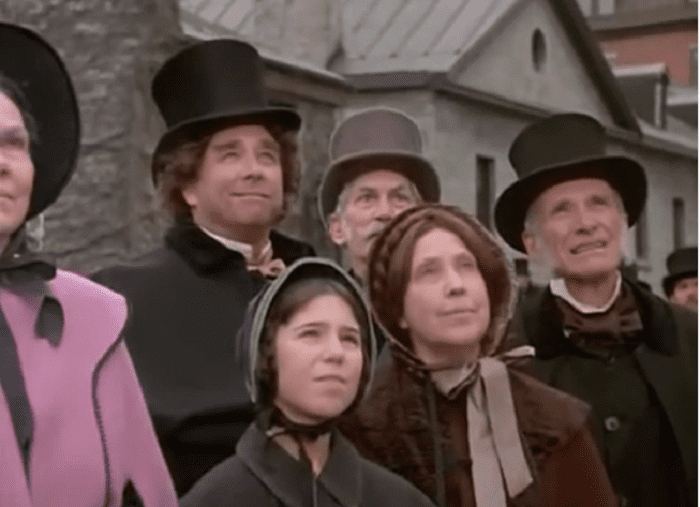 P.T. Barnum (1999), A+E Networks
P.T. Barnum (1999), A+E Networks
25. He Couldn’t Get Them Out
The museum was such a success that Barnum had a new problem on his hands—he couldn’t get the people to leave, which meant he couldn’t bring in new paying customers. To solve the problem, Barnum posted a sign on the exit that read, "This Way to Egress". Few of his customers knew that egress literally means exit, so they followed the sign. Once they were out, they needed to pay to get back in. Sneaky, but clever.
26. He Met a Mermaid
In 1842, Barnum met one of his greatest attractions—the Feeje Mermaid. Moses Kimbell, a fellow showman, brought the so-called mermaid to Barnum, and Barnum ran with it. He leased the attraction for a year and brought it to his museum in New York. He also hired Levi Lyman to play Dr. J. Griffin of the London Lyceum of Natural History and deliver lectures about the mermaid. The whole thing was a fake, but the legend spread.
27. His Claim to Fame
In reality, the creature was a mix of different animal parts sewn together. It had the tail of a fish, the body of an orangutan, and the head of a baboon, but that didn’t matter to his spectators. Barnum kept the exhibit in his New York museum for a month before touring across the US. The jig was up when South Carolina residents realized it was fake, but it put him on the map and cemented his fame.
28. He Created Tom Thumb
In 1841, Barnum discovered his other greatest attraction. Four-year-old Tom Stratton was a little person who was 15 pounds and about two feet tall. Seeing an opportunity, he put the boy under contract, taught him to sing and dance, re-billed him as General Tom Thumb, and increased his age to 11. The crowds ate him up and gained him entry into London society, but there was someone more important to meet.
29. He Conquered Buckingham Palace
Tom Thumb was so popular that with a few strategic hints to the right people, Barnum secured an invitation for them to meet Queen Victoria at Buckingham Palace. The Queen was suitably charmed, and he and Stratton went back twice more and met various other monarchs before heading to France to meet King Louis Philippe. One thing leads to another, and while on tour in Europe, he heard of a woman who could enhance his public image.
 P.T. Barnum (1999), A+E Networks
P.T. Barnum (1999), A+E Networks
30. He Introduced High Culture
Opera singer Jenny Lind was unknown in America, but Barnum’s instincts told him that she would be a profitable act if he brought her there. Without having even heard her sing, he offered her $1,000 per performance to perform in the US and Canada. and dubbed her the Swedish Nightingale. He threw everything he had into publicizing her arrival, and by her opening night in New York City, she was a superstar.
31. He Was All Business
Love triangles make great drama, which is probably why stories about Barnum portray he and Lind as being romantically involved. Despite these rumors, their interest in one another was entirely financial. All told, Barnum earned about $500,000 from Lind’s performances, and when her contract was up the following year, Lind returned home and married her accompanist Otto Goldschmidt while Barnum continued to build his career.
32. He Built a Palace
Barnum’s home Iranistan (meaning Persian Home) sat on 17 acres of land and drew inspiration from the architecture of King George IV’s pavilion in England. It took three years to build and welcomed scores of famous visitors such as Mark Twain and Horace Greely. It was unlike anything ever seen in America…but it was also destined for ruin.
33. His Miscalculation
Of all the cities Barnum visited, Bridgeport, Connecticut stood out the most. He loved all that the city had to offer, including its stunning natural beauty, and he saw development opportunities there. As he implemented his plan to grow the city, he took a risk in trying to bring the Jerome Clock Company to the area and lost his shirt when it went bankrupt a few years later.
34. He Narrowly Escaped Tragedy
Four years after Iranistan’s completion, Barnum nearly lost his beloved home in an instant. The home caught fire on the day of his daughter’s wedding. It could have resulted in tragedy, but the firefighters got it out quickly, leaving the house damaged but not destroyed. Unfortunately, he wasn’t as lucky a second time.
35. He Lost His Mansion
The second fire occurred in 1857 while construction was ongoing. A workman left a lighted pipe left on a straw seat cushion, and that started the blaze. This fire only burnt for a couple of hours, but it completely destroyed the house. Rather than rebuild on that site, Barnum built a new house in Bridgeport next door to his daughter.
 P.T. Barnum (1999), A+E Networks
P.T. Barnum (1999), A+E Networks
36. His Change of Heart
In the 1830s, Barnum purchased a couple of slaves while touring through the American South but sold them by the time he returned north. By the 1850s, he’d done a complete 180, and wrote in an 1855 letter that he’d "grow to abhor the curse from witnessing its fruits". During his time in the Connecticut state legislature, he also voted for the 13th amendment to abolish slavery.
37. He Never Said It
Nobody knows the true origins of the phrase, "There’s a sucker born every minute," but the phrase has been unfairly associated with Barnum. His biographer couldn’t find any instances of Barnum using the term, but it’s unlikely that he would have as he believed that people "like[d] to be humbugged," and were definitely not suckers.
38. Fire Got Him Again
Losing your home in a fire is bad enough, but poor Barnum had yet another unfortunate encounter with fire. His American museum burnt down in 1865, destroying most of the exhibits and animals. The media blamed the fire on a faulty furnace, but some suspected that Southern sympathizers burnt it down intentionally because of his abolitionist views. The loss was devastating, but not for long.
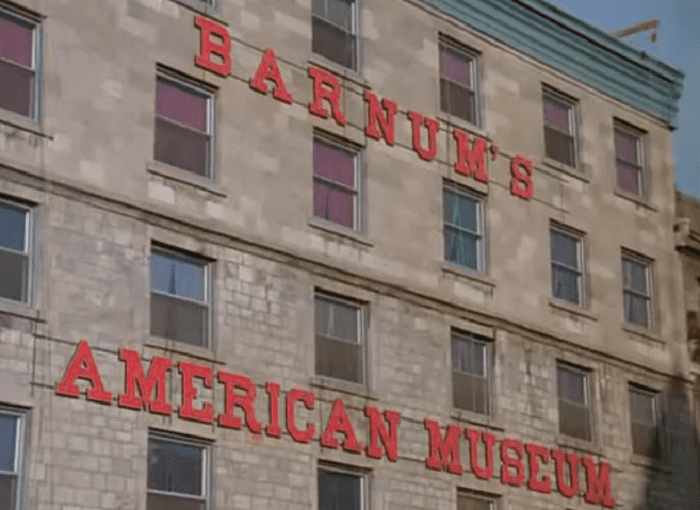 P.T. Barnum (1999), A+E Networks
P.T. Barnum (1999), A+E Networks
39. He Exited the Museum Business
Barnum quickly rebuilt the museum in a new location in New York City, but fate must have really had it in for him, because nearly three years later, the second museum burnt down due to a boiler explosion. This time his losses were too extensive to rebuild, so he got out of the museum business and started something new.
40. It was his "Retirement Project"
Amazingly, Barnum didn’t get into the circus business until he was 60 years old. In 1870, two Midwestern circus managers approached Barnum, inviting him to partner with them on a huge circus enterprise. Despite having lost both versions of his museum to fire, Barnum’s passion for spectacle made the offer irresistible, and led to the birth of the "Greatest Show on Earth".
41. He Ran His Town
In 1875, Barnum ran a successful campaign for mayor of Bridgeport, and he made a lot of noise during his term and was highly progressive. Being against drinking for most of his career, he pushed for saloons to close on Sundays. He also cleaned up the water supply and got the streets gas-lit. Two years later, he ran for US Congress, but lost to a distant cousin also named Barnum.
42. He Built the Original Madison Square Gardens
Barnum’s new circus needed a permanent winter home, and he purchased New York’s Hippotheatron in 1872…which ironically also burnt down shortly after its purchase. Two years later, he leased some vacant land and built the Great Roman Hippodrome—a 10,000 seat arena at East 26th and Madison and Ave. which became the first Madison Square Gardens in 1879.
43. He Made a Big Merger
James Bailey’s The Greatest London Show was a worldwide success, and it posed a serious threat to Barnum’s circus when it arrived in America. This gave Barnum the brilliant idea of merging the two circuses, and the Barnum and London Circus opened in New York in 1881. In 1887, Barnum made Bailey an equal partner, and the circus became known as Barnum & Bailey’s Greatest Show on Earth. And for 147 years it was!
44. He Owned a Famous Elephant
In 1882, Barnum acquired a 6-ton African elephant named Jumbo from the London Zoological Society. Americans loved Jumbo and flocked to the circus to see the elephant and buy its merch. A freight train hit the poor elephant during an 1885 performance in Ontario, Canada, putting an end to the act, but not before fully earning back what Barnum paid for him.
45. He Was More Famous than a President
Sometime in the late 1870s, Barnum got a chance to meet former President Ulysses S. Grant while he was embarking on his post-presidential world tour. During their conversation, Barnum suggested that Grant was the best-known living American, but Grant disputed the claim. He told Barnum: "You beat me sky-high, for wherever I went, in China, Japan, the Indies, etc., the constant inquiry was, ‘Do you know Barnum?’" Now that’s famous!
46. His Biography was a Bestseller
Barnum was such a storyteller that he couldn’t just write his autobiography and leave it alone. He first released The Life of P.T. Barnum, Written by Himself in 1854, and then updated, edited, and re-issued it almost every year until his passing. Not content to leave it there, he also told his wife to write a new chapter about his passing. The book sold more than a million copies during his lifetime, which was more than any book at the time except for the New Testament.
47. He Hated Cheats
For a man who made his career on hoaxes and deceptions, it seems pretty ironic that he hated swindlers. If he thought that someone was cheating people and not giving them value for their money, he had something to say about it. He even testified against the spirit photographer William H. Mulmer in court and hired someone to create a picture of himself with the ghost of Abraham Lincoln to prove his point.
48. He Made an Odd Request
Barnum became seriously ill when he was 81. He knew that he didn’t have long on this earth, so he made a bizarre request. He asked a New York newspaper to publish his obituary in advance so he could enjoy it. They obliged, and printed it in advance with the headline "Great And Only Barnum—He Wanted To Read His Obituary—Here It Is".
49. He Was Always Thinking About Work
Shortly before passing away in his home after suffering a stroke, Barnum’s final thoughts were still about his circus. His last words were reportedly a request for the box office receipts…which is not exactly what one would expect a man to be wondering about in his final hours. Then again, nothing about Barnum was ever conventional.
 P.T. Barnum (1999), A+E Networks
P.T. Barnum (1999), A+E Networks
50. He Was Nearly Lynched
In a case of a prank gone horribly wrong, Barnum’s business partner once told a crowd of onlookers that Barnum was Rev. E.K. Avery, the man accused of murdering a young woman in Rhode Island. Their response was blood-curdling. The crowd immediately descended on Barnum ready to hurt him, and it took some fast talking to convince them to walk with him to his hotel so that his partner could clear it up.


